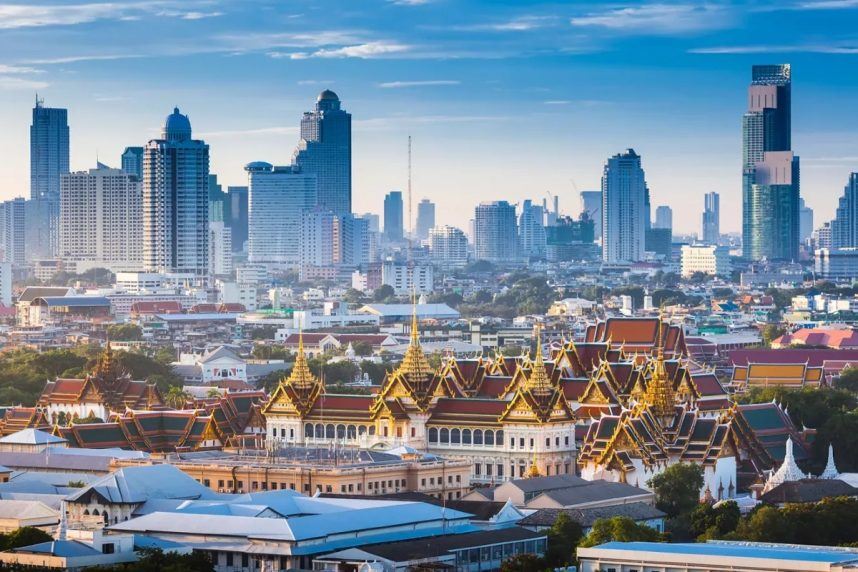Posted on: October 2, 2024, 06:53h.
Last updated on: October 2, 2024, 06:53h.
A Thai finance leader is pushing policymakers to ready casino gaming legislation by the middle of this month and he’s making clear it should include provisions to allow global companies to bid for licenses in the Southeast Asian nation.

Deputy Finance Minister Julapun Amornvivat balked at a suggestion parliament member Korrawee Prissanantakul who suggested that the planned entertainment complexes, which will include gaming venues be run by the government. While Amornvivat is prodding the Thai customs, excise, and revenue departments to prepare entertainment district plans by the middle of this month, he wants a measured approach.
We need to assess the project thoroughly to prevent negative impacts on the economy and society,” said the deputy finance minister in a recent interview with The Bangkok Post.
Thailand recently wrapped up a public comment period on the 22-page Draft of the Complete Entertainment Business Act B.E. That ran through Aug. 18 and by all appearances, Thai citizens are on board with the country introducing casino hotels as a way of boosting the tourism industry, which is one of the largest drivers of economic activity in the nation.
Big Names Already Mulling Thailand Casinos
With growth outlets hard to come by, particularly outside the US, some of the biggest names in the gaming industry are mulling entry into Thailand.
Las Vegas Sands, MGM Resorts International, and Wynn Resorts are among the US-based operators that could pursue Thai licenses. MGM previously said its effort in the country would be run by its MGM China arm, which operates two integrated resorts in Macau. Owing to its strong footprint in the Asia-Pacific region, Genting could also be a player for a Thai casino license.
Amornvivat told The Bangkok Post he envisions a scenario in which any private sector can bid for a permit in Thailand as long it meets various criteria. Those stipulations include an upfront investment of nearly $1.3 billion, an application fee of almost $13,000, and a licensing fee of approximately $640 million.
Add all of that up and it’d be a minimum of a $2 billion per operator to get a Thailand casino up and running and that could be attractive because it’s far less than the financial commitments gaming companies contend with in other regions.
Thai Casino Tax Also Attractive
Local taxes are another issue gaming companies deal with and there’s essentially no uniformity on a regional basis. However, it’s clear Thailand is looking to be appealing to the industry on that basis.
Experts believe Thailand will opt for a 17% tax on gross gaming revenue (GGR) — the same rate applied in Singapore. That tax rate is viewed as attractive and would be competitive with other casino markets in the region.
Last month, reports emerged indicating Thai policymakers supportive of the casino plan would like to see three gaming venues in the capitol city of Bangkok and at least two more in rural areas.















